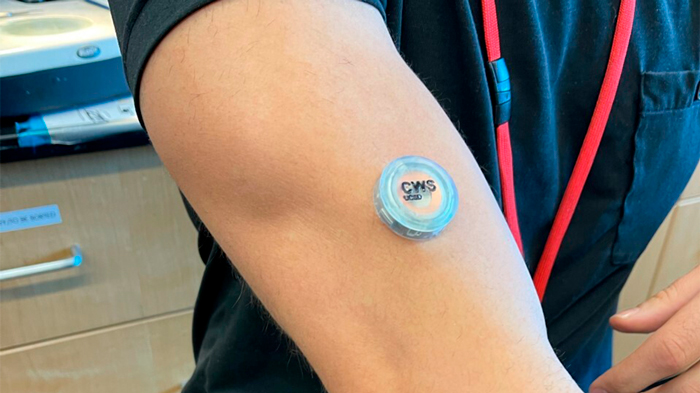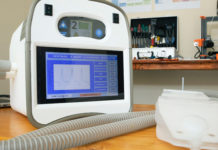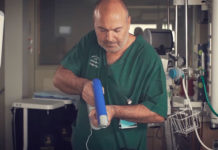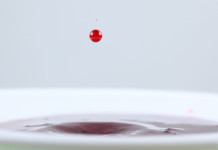The University of California, namely the Center for Wearable Sensors, has developed a sensor that can continuously and non-invasively monitor the levels of glucose, alcohol, and lactate in the human body in real-time.
The device is attached to the skin using microscopic needles, each of which is only 20% of the thickness of human hair. Microneedles detect biomolecules in the interstitial fluid in the surface layers of the skin. The data is then transmitted wirelessly to a user application on a smartphone.
In addition to glucose monitoring, which is necessary for diabetic patients, it can also measure alcohol levels. An increase in alcohol affects blood glucose levels – and monitoring the amount of lactate will indicate muscle fatigue (physical activity also affects this indicator).
It’s like a whole laboratory placed on the skin. The device is capable of continuously measuring multiple biomarkers simultaneously. This allows users to monitor their health and well-being during daily activities, as said by Joseph Wang, head of the Center, professor of nano-engineering at the University of California, San Diego.
The next steps in commercializing the device include testing and improving how long the microneedle patch can last before replacement. The company is also encouraged by the possibility of adding additional sensors to monitor patient levels of drugs and other body parameters.







